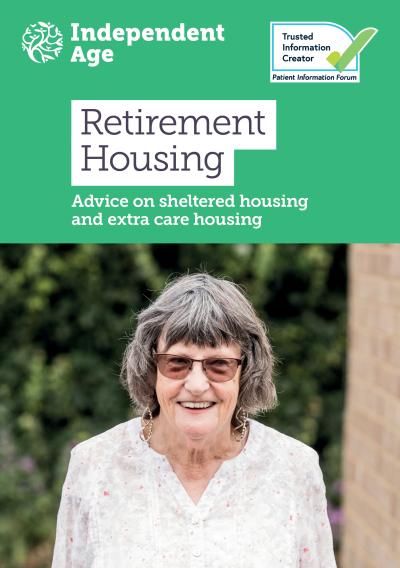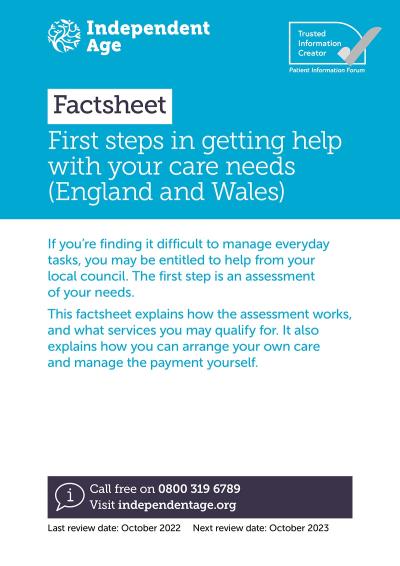Related publications

Retirement housing

Sheltered housing is specially designed for older people. It can be a good choice if you want to live independently – but with the reassurance that help would be available in an emergency.
Sheltered housing is a group of self-contained flats or bungalows with either one or two bedrooms, which you can buy or rent. It can also be called retirement housing. It might be a good option if you want to live in a smaller home that is easier to manage.
Sheltered housing usually has a scheme manager or warden. There may be an emergency alarm system providing 24-hour help as necessary.
Facilities will vary from scheme to scheme, but sheltered housing usually has:
Sheltered housing schemes often arrange social activities among the residents, such as coffee mornings, film nights or a gardening club.
Advantages to moving into sheltered housing could include:
Sheltered housing isn't right for everyone. Some possible disadvantages are that:
Sheltered housing may not be suitable for people with higher care needs. If you need a higher level of support, extra care housing could provide that.
Sheltered housing is available to rent or buy. Providers are usually local councils, housing associations, charities or private companies.
If you want to rent
Most sheltered housing for rent is let through local councils or housing associations. There is a small amount of private rental accommodation. There may be fewer eligibility criteria and a shorter waiting list if you rent privately, but the rent will probably be higher.
Each council has its own housing allocation policy. Contact your local council housing department and ask if you qualify to apply.
Housing associations usually have to follow the council’s allocation policy and will offer housing to people on the council housing waiting list. However, some may accept direct applications.
If you’re already a council or housing association tenant, ask your landlord about how to apply.
If you want to buy
You'll usually have to buy from a private provider, rather than a council or housing association. Sheltered housing is usually sold on a leasehold basis in England and Wales. In general, your home will be freehold in Scotland. Some offer a shared ownership option where you can buy part of a home and pay rent on the rest. You can get details of housing associations running shared-ownership schemes from your local housing department or from Elderly Accommodation Counsel.
Before you buy, you should check your contract and get independent advice from a solicitor about your rights and responsibilities.
If you're buying a leasehold property, check the lease to see if there are any restrictions in case you want to sell the property or leave it to a relative in your Will. You should also see if there are any exit fees if you decide to sell it, or if the occupancy changes. The Leasehold Advisory Service has more information on things to consider.
If you’re considering moving into sheltered housing, it’s a good idea to contact your local council for a free care needs assessment. This looks at what care you need and what might help you, including how suitable your accommodation is. For more information, see our factsheet First steps in getting help with your care needs.
If your assessment shows that you could benefit from living in sheltered housing, you may be able to get help from the council with your care costs. You will have a separate financial assessment to decide this.
Some sheltered housing schemes provide more support than others, and costs will vary depending on the area and the services offered. Make sure you ask plenty of questions and pay a visit to any schemes you're considering. Make a list of what you want to ask – for example:
Contact your local council to find out about sheltered housing in your area.
For more information about how to get sheltered housing, see our guide Retirement housing.
Help with rent and council tax
There are different schemes available to help you with council tax charges, depending on your circumstances. If you’re living on a low income, you may also be eligible for Council Tax Support and Housing Benefit to help pay your rent.
Help with service charges
If you rent your home, you may also be able to apply for Housing Benefit to cover certain service charges. See our factsheet Housing Benefit for more information.
If you own your home, and you claim certain benefits such as Pension Credit, you may be able to get help with paying some service charges. See our factsheet Pension Credit for more information.

Our guide Retirement housing has more information.
Read our guide Choosing where to live for more information about different housing options.
By calling Independent Age's free and impartial Helpline, you can get information and advice from one of our friendly advisers, or order our free guides.